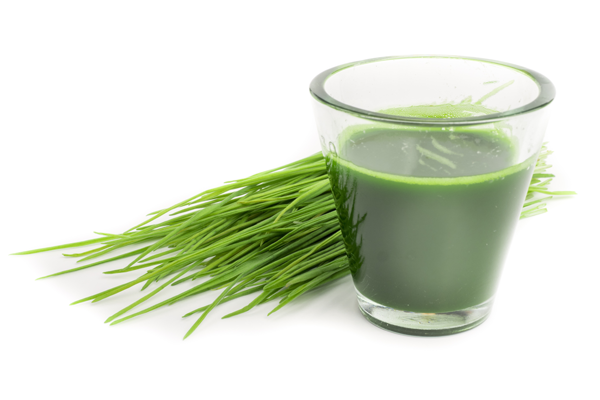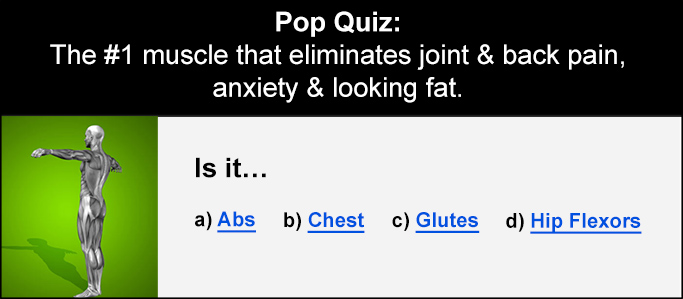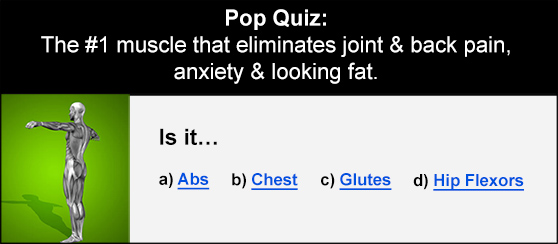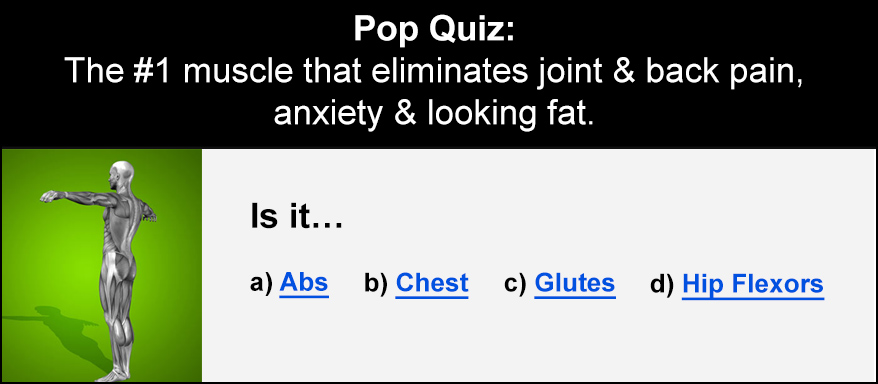
It seems much too simple to be of any tremendous value. I mean really, it is just GRASS! Sure a thick, luxurious mat of it feels incredible under bare feet on a cool summer evening and most folks would love for their lawn to rival the golf course green. But grass as a SUPERFOOD . . . come on!
Well, many folks have weighed in on this topic so if you haven’t heard about wheatgrass until now and the many reasons why so many people promote including it in your diet . . . “where have you been?” This tiny, yet mighty plant has been causing quite a stir in both the health and medical circles since the 1960’s. And in looking back over the history of this seemingly lackluster plant, no wonder it has. Being classified as one of the most abundant superfoods known to man, wheatgrass has been celebrated not only for it’s nutritional content, but also for it’s cleansing properties and cell regeneration capabilities. Let’s look a little further into what else has got so many, so excited about wheatgrass.
First let’s be clear about what exactly I’m referring to when I talk about wheatgrass as a consumable product. Wheatgrass is the young, new shoots from the common wheat plant, Triticum aestivum, NOT full grown lawn quality grass. So please, before you get any ideas of taking a few clippings from your front yard to add to your smoothie . . . pause, breathe and keep reading.
I also want to make clear that the “evidence based” findings on the benefits of using wheatgrass to improve health or combat illness and dis-ease are not overly abundant. Yes, there have been & there are clinical trials and studies being done to find out more about what, and just how much of an impact, wheatgrass has on improving and supporting better health. Most of these studies have been limited to animals and test-tube laboratory research. There is however, no shortage of testimonials and personal opinions praising this tiny but mighty plant for just those reasons, and that is what I want to talk more about here. So . . . what is the big deal about wheatgrass?! Well, the list can get rather long so I’ve chosen three to highlight here.
For starters, wheatgrass is an excellent source of vitamins and minerals, especially vitamins A, C, E as well as iron, magnesium and calcium. It is also extremely high in chlorophyll, which boasts an impressive arsenal of health benefits on it’s own. Wheatgrass is rich in anti-oxidants which help our cells to fight free radicals that cause cellular damage ,as well as helping to reduce oxidative stress. When you consider all of this, it would certainly seem that taking wheatgrass would have more of a positive impact on your overall health than not. Now keep in mind that too much of a “good thing” isn’t good, so even though supplementing your diet with wheatgrass may be beneficial for you, it’s imperative to monitor and abide by what is the recommended daily dosage. If you are new to wheatgrass I would suggest 1 ounce/ day to start and working up to 2 ounces daily. I also recommend taking wheatgrass on an empty stomach to avoid potential nausea.
There are some animal based studies that have shown that consuming wheatgrass may lower LDL cholesterol levels. One 14 day study done with rats showed that the effects of consuming wheatgrass were similar to taking the prescription drug Atorvastatin. (1) . Now while this is very encouraging news for people with high cholesterol, human study trials are needed to validate these results as conclusive.
Wheatgrass as a means to kill cancer cells? Perhaps, and this is largely attributed to the high antioxidant concentration in wheatgrass. While studies have almost exclusively been test-tube based, the findings are very hopeful. One study’s results showed that wheatgrass extract decreased the spread of mouth cancer cells by 41%! (2) And in another test-tube study, the findings were that introducing wheatgrass not only induced the death of cancer cells, but also reduced the number of leukemia cells by up to 65% within 3 days of treatment. (3 ) Again, more human based studies are truly needed in order to confirm or even deny to what extent the potential is for using wheatgrass as part of an anti-cancer protocol.
So should you be taking wheatgrass? That really is your call to make. If your intention is adding wheatgrass into your daily nutrition to promote better health, and in doing so you find you have no adverse effects or reaction, then by all means I’m not going to tell you to stop. However, if you are considering taking wheatgrass as a “cure” or to specifically treat an existing illness, disease or health concern, I strongly, STRONGLY advise you to consult with your family doctor first.
Cheers To A Healthier You
References:







